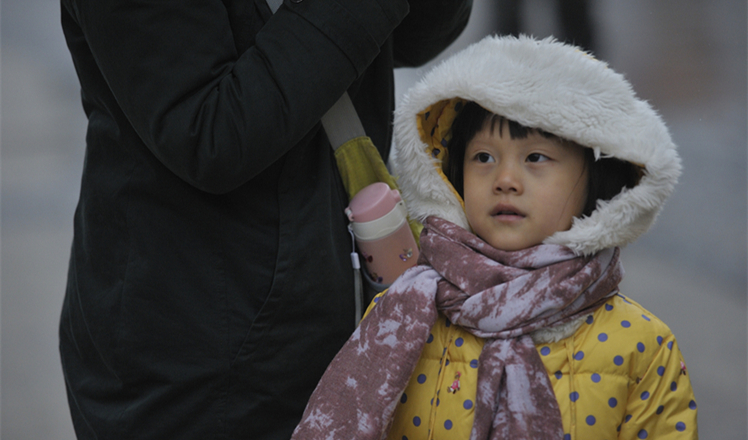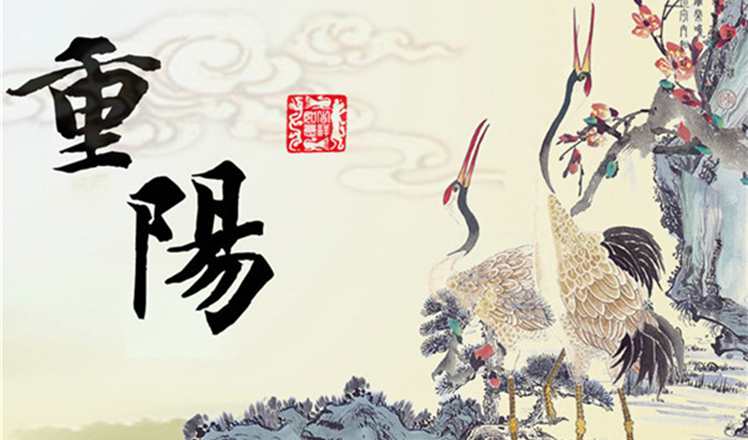Ordering food online has rewards, risks
Updated: 2016-10-11 10:13
By CHANG JUN in San Francisco(chinadaily.com.cn)
|
||||||||
An insatiable appetite for homemade delicacies and an app are transforming the way overseas Chinese prepare and eat their meals, although some concerns have been raised about the food's safety.
WeChat — developed by Chinese tech giant Tencent and released in 2011, now has more than 800 million users. The app has helped the underground food industry flourish among Chinese Americans.
A blend of social media network and e-commerce platform and "basically Facebook, Amazon, Yelp, Twitter, Venmo and Netflix rolled into one" as Hans Tung, managing partner at GGV Capital, once called it, WeChat enables large or small-scale vendors, the so-called WeChat business (weishang), to advertise and sell whatever merchandise that might interest members at a social group capped at 500 members.
A B2C or P2P business model based on whether the vendor is a business entity or individual, weishang especially thrives in the culinary sector thanks to overseas Chinese' limitless desire for hometown delicacies and fresh, healthy food ingredients.
Lily Zhang, a Sichuan native and now a resident of the San Francisco Bay Area, said she didn't find authentic Sichuan cuisine at any local restaurants since she moved from the East Coast to Northern California in 2005.
"Until this January, after I joined our local Pleasanton Diners WeChat group," she said, adding that she now can order homemade crown daisy rice cake, chicken with cayenne pepper, spicy sausage and steamed jujube flower bun from a vendor.
"They just taste as good as that in memory," she said.
Zhang said the vendor usually will send messages of food availability with pictures and a short intro into the WeChat group, answering questions on ingredients, preparation and delivery time.
Customers can choose from several sites for food pickup.
"Once you've submitted the form, you're done, very convenient and easy to follow through," Zhang said. "Online food shopping on WeChat now is my biggest expenditure each month, could be as much as $1,000; I thought it's worthy."
Athena Li, a business analyst on a hectic work schedule and mom to a 5-month old, said she would turn to weishang for instant dinner solutions.
"I don't have the luxury of two to three hours for dinner preparation, so the ready-to-cook combination of meat and vegetable, both organic and freshly raised and picked up from local farms, becomes my top choices," Li said.
She routinely would order organic cauliflower, broccoli, kale, squash and beets, together with pork, beef and chicken and ask for same-day home delivery.
"As a new mom still feeding my daughter, I can't afford to take in polluted or heavily processed food," Li said, adding her online-to-offline food-shopping experience so far has been pleasant. "I've asked several times about where the food comes from; they said … within a radius of 30 miles."
Still, despite the appeal of ordering online, there are some food safety concerns, because most of the individual vendors are not licensed or regulated. The state of California in 2012 passed a cottage food law that allows some homemade food to be sold on a small scale.
On its "non-potentially hazardous food" list, are jams, pastries and confections such as fudge and flavored popcorn; meat is prohibited from any transactions.
The issue of the food's integrity is a concern of Jun Wang, a chemist in South San Francisco.
"The fear of food-borne illness and being uncomfortable with the sources of food sold on WeChat keep me to stay away from them, although they really sometimes make my mouth water," said Wang. "I would rather resist the temptation than ending up with an emergency room visit," he said. "Food storage, transportation and processing; the whole process needs high-standard quarantine and control of temperature and humidity. I don't think weishang vendors are fairly equipped with knowledge required."
Regulation of weishang and food vendors through WeChat is not in place. There are no regulations in the US saying people can't buy food from unlicensed vendors.
While there are still gray areas, buying food cooked in the home kitchen of a stranger or made up of ingredients from a local farm on WeChat is still popular among overseas Chinese.
"I will continue to do so until one day the government banned them and saying no," said Lily Zhang, adding that she would pick up her order of steamed pork buns and dumplings at her community center.

 The world in photos: Sept 26 - Oct 9
The world in photos: Sept 26 - Oct 9
 Classic cars glitter at Berlin motor show
Classic cars glitter at Berlin motor show
 Autumn colors in China
Autumn colors in China
 US second presidential debate begins
US second presidential debate begins
 Egrets Seen in East China's Jiangsu
Egrets Seen in East China's Jiangsu
 Highlights of Barcelona Games World Fair
Highlights of Barcelona Games World Fair
 Coats, jackets are out as cold wave sweeps in
Coats, jackets are out as cold wave sweeps in
 6 things you may not know about Double Ninth Festival
6 things you may not know about Double Ninth Festival
Most Viewed
Editor's Picks

|

|

|

|

|

|
Today's Top News
Trump outlines anti-terror plan, proposing extreme vetting for immigrants
Phelps puts spotlight on cupping
US launches airstrikes against IS targets in Libya's Sirte
Ministry slams US-Korean THAAD deployment
Two police officers shot at protest in Dallas
Abe's blame game reveals his policies failing to get results
Ending wildlife trafficking must be policy priority in Asia
Effects of supply-side reform take time to be seen
US Weekly

|

|







